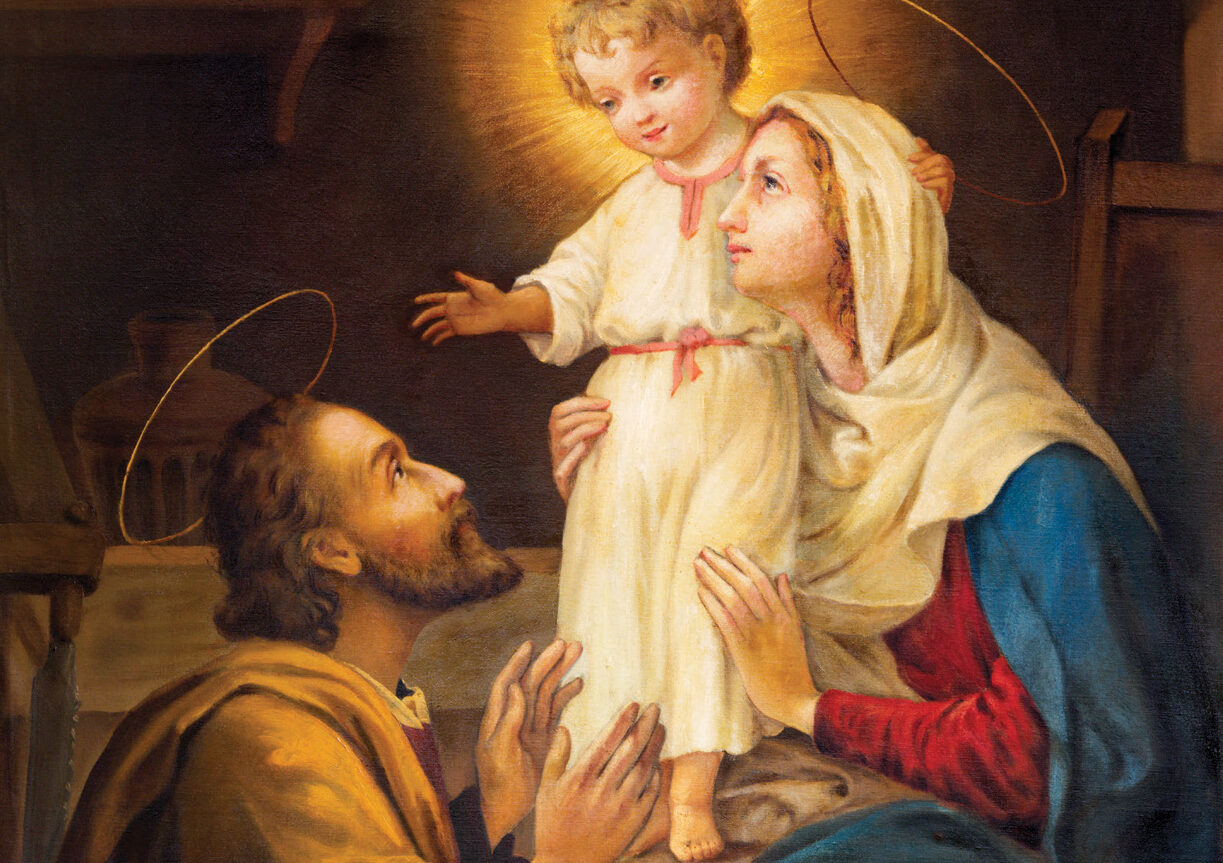The Immaculate Conception of Mary stands as a pivotal moment in Christian theology, setting the stage for the extraordinary event of the Virgin Birth. This doctrine, which asserts that Mary was conceived without the stain of original sin, holds deep theological significance and is celebrated as a prelude to the miraculous birth of Jesus Christ.
I. Theological Foundation: Understanding the Immaculate Conception
The Immaculate Conception is a doctrinal belief that emerged from centuries of theological reflection. The core idea is that, in anticipation of her role as the Mother of God, Mary was preserved from the original sin inherited by all humanity from Adam and Eve. This immaculateness prepared her to be a pure vessel for the Incarnation.
II. Scriptural Hints: Tracing the Roots in the Bible
While the term "Immaculate Conception" is not explicitly found in the Bible, its theological roots can be traced to passages that hint at Mary's unique status. One such verse is the Angel Gabriel's greeting to Mary in Luke 1:28, where he addresses her as "full of grace." This divine favor signifies a special relationship with God.
III. The Annunciation: Mary's Fiat and Divine Intervention
The Angel Gabriel's announcement of Mary's conception of Jesus, known as the Annunciation, is a pivotal moment in Christian narrative. Mary's response, "Let it be done to me according to your word" (Luke 1:38), signifies her complete surrender to God's plan. The Immaculate Conception ensured that Mary's "yes" was unencumbered by the effects of original sin.
IV. Theological Significance: A Pure Vessel for the Incarnation
The Immaculate Conception holds profound theological implications for the belief in the Incarnation—the Word of God taking on human flesh. Mary, conceived without sin, becomes a fitting tabernacle for the dwelling of the divine. Her purity reflects the holiness of the God she carries within her.
V. Feast Day Celebration: Honoring Mary's Unique Status
The feast of the Immaculate Conception, celebrated on December 8th in the liturgical calendar, is a day set aside to honor Mary's unique status. It is a joyous occasion for Catholics and many other Christian denominations to reflect on the profound mystery of Mary's conception and its role in the divine plan.
VI. Devotion and Piety: Mary as a Model of Holiness
The doctrine of the Immaculate Conception has inspired devotion and piety throughout the centuries. Mary is revered not only as the Mother of God but also as a model of holiness and purity. Many believers turn to her as a source of intercession and inspiration in their own journeys of faith.
VII. Contemporary Significance: Mary as a Universal Symbol
In the contemporary Christian landscape, the Immaculate Conception continues to be a point of theological reflection and devotion. Mary's purity and willingness to be the Mother of God serve as a universal symbol of faith, humility, and divine favor.
VIII. A Sacred Prelude to Christmas
As the Church commemorates the feast of the Immaculate Conception, it invites believers to enter the sacred mystery that precedes the Christmas narrative. Mary, conceived without sin, becomes the vessel through which God enters human history. Her immaculateness foreshadows the birth of the Savior, marking the beginning of the profound journey toward the redemption of humanity.




